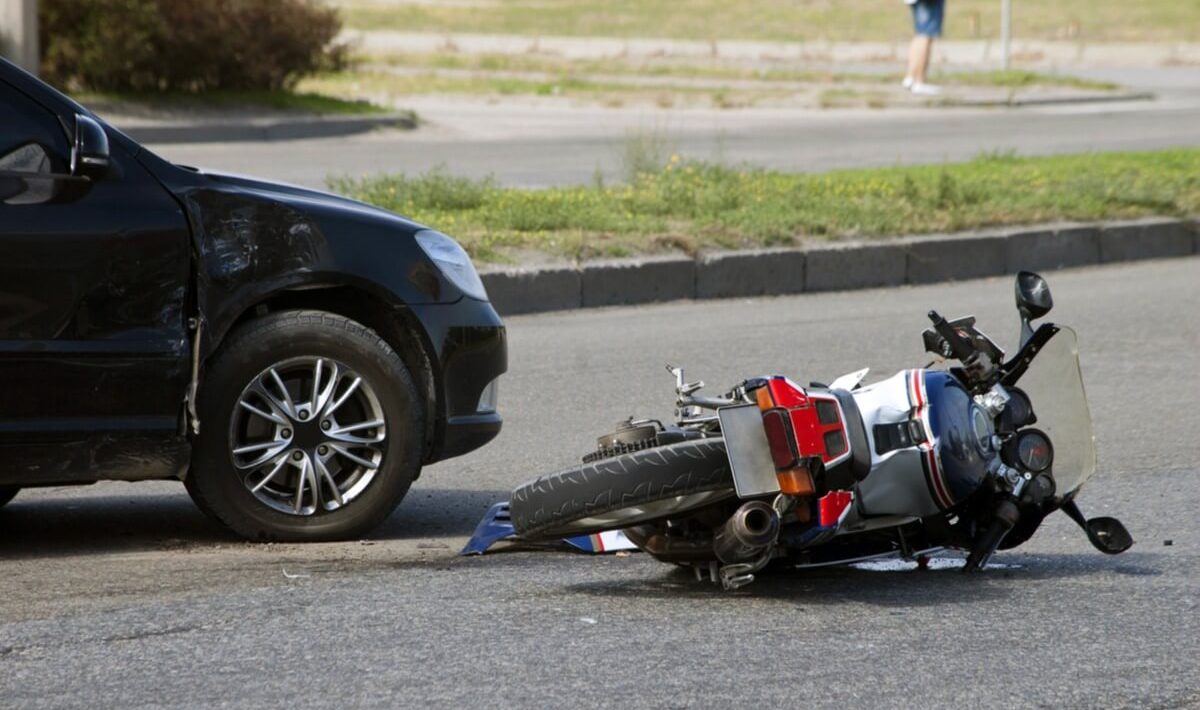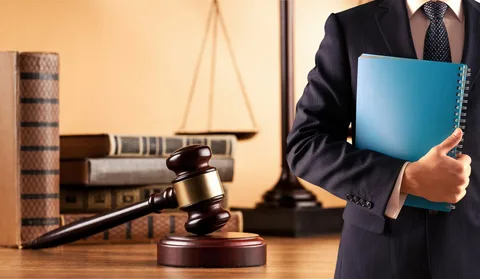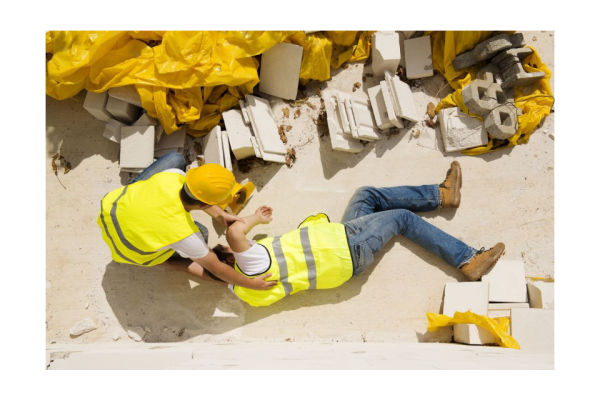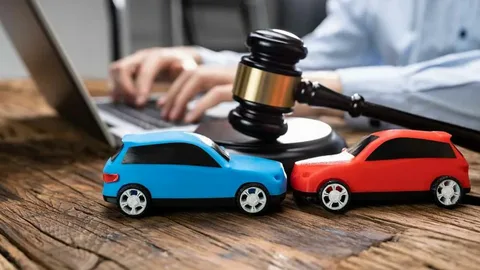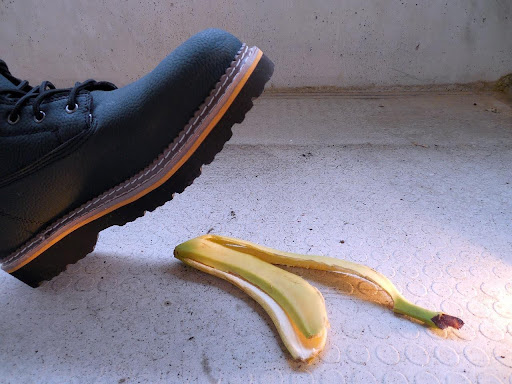Motorcycle crashes can be nasty and often cause serious injuries or even kill people. The first step in avoiding motorbike crashes is to know what causes them most often. This piece will discuss seven essential ways to stay safe on the road and prevent motorbike crashes. One of the most risky things bikers can do is ride while drunk or high. These drugs affect your thinking, balance, and ability to respond quickly, making you more likely to get into an accident. Driving while drunk puts your life in danger and the lives of other people on the road.
If you plan to drink or do drugs, you should always make plans for a sober driver or another way to get home. Never think you can ride a motorbike safely while drinking or taking drugs. DUI stops are often set up by the police, and the punishments for driving while drunk can be harsh. Put your safety and the safety of others first by not riding when you are drunk or high.
Defensive Riding:
Every biker needs to know how to ride safely. It means being aware of possible dangers on the road and taking steps to avoid crashes. It’s safest to assume that motorists can’t always see you while riding a bike because of how much smaller you are compared to automobiles and trucks. Avoid blind areas, ride as if you can’t be seen, and use your headlights to increase your daily visibility.
Careful driving also includes avoiding getting too close to the vehicle in front of you. You’ll have more time to react if the car in front of you suddenly breaks. It makes a sharp turn. You should also be prepared for the unexpected, such as a vehicle switching lanes without signaling or a door opening in your path. Reduce your risk of being involved in a motorbike accident by being on the lookout and prepared for these situations.
Proper Training:
To ride a motorcycle safely, you must learn how to do it right. Taking an approved motorbike safety lesson before you hit the road is essential. These classes teach critical bike skills, defensive moves, and ways to deal with different road situations. Instructors give helpful tips on handling, balancing, and stopping a motorbike in an emergency.
During these courses, you’ll also learn how important it is to take care of your motorbike, choose the right gear, and ride correctly. Training also gives you the confidence to deal with difficult situations, like taking quick turns and missing objects. Remember that learning is an ongoing process, and even experienced riders can improve their skills and stay safe on the road by taking advanced training.
Wear Protective Gear:
Motorcycle riders must always wear safety gear. These things protect your arms, legs, and body from wear and tear and impacts. You can be seen better with reflective gear, especially when it’s dark. It is major part of the causes of motorcycle accident. By always having the right gear when you ride, you lessen the seriousness of possible accidents and show other riders on the road how to be safe.
Maintain Your Motorcycle:
Maintaining your motorbike is important to ensure it runs safely and efficiently. Maintenance that isn’t done can cause motor problems that could lead to crashes. Start by making a regular repair plan that includes checking key parts like the brakes, tires, lights, and fluids regularly. Tires that are properly filled and have enough tread depth give you better grip and control and make it less likely that you will skid or slide.
To keep your motorcycle in good shape, you must also change the oil and check the brakes regularly. Fix any problems immediately, and don’t be afraid to ask for help from your motorcycle’s guidebook or a skilled tech. Taking care of your motorcycle keeps you safer, lasts longer, and runs better.
Stay Aware of Weather Conditions:
Weather can greatly affect how safe riders are on the road. Rain, snow, ice, or strong winds can make riding hard and make crashes more likely. Before going on a ride, always check the weather report and be ready to change your plans if bad weather is expected.
When biking in bad weather, slow down, leave more space between you and the car in front of you, and be extra careful when turning or stopping. To stay in control on wet or slick roads, you need to be gentle with the gas and stops. Also, buy good rain gear to stay dry and comfortable during wet rides. By paying attention to the weather and changing your ride style to match, you can reduce the risks of bad weather.
Conclusion:
By being prepared and following these tips, you can lower your chances of getting into an accident on your motorcycle. Safety should always be your top concern when
riding, and taking precautions can save lives and keep you from getting hurt.

